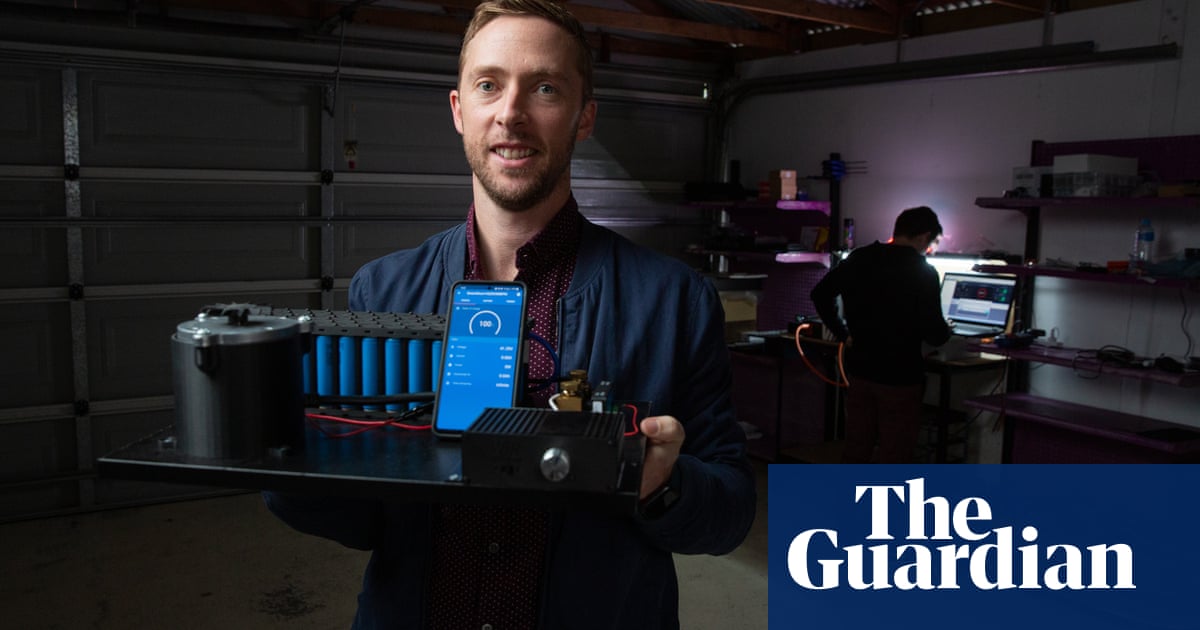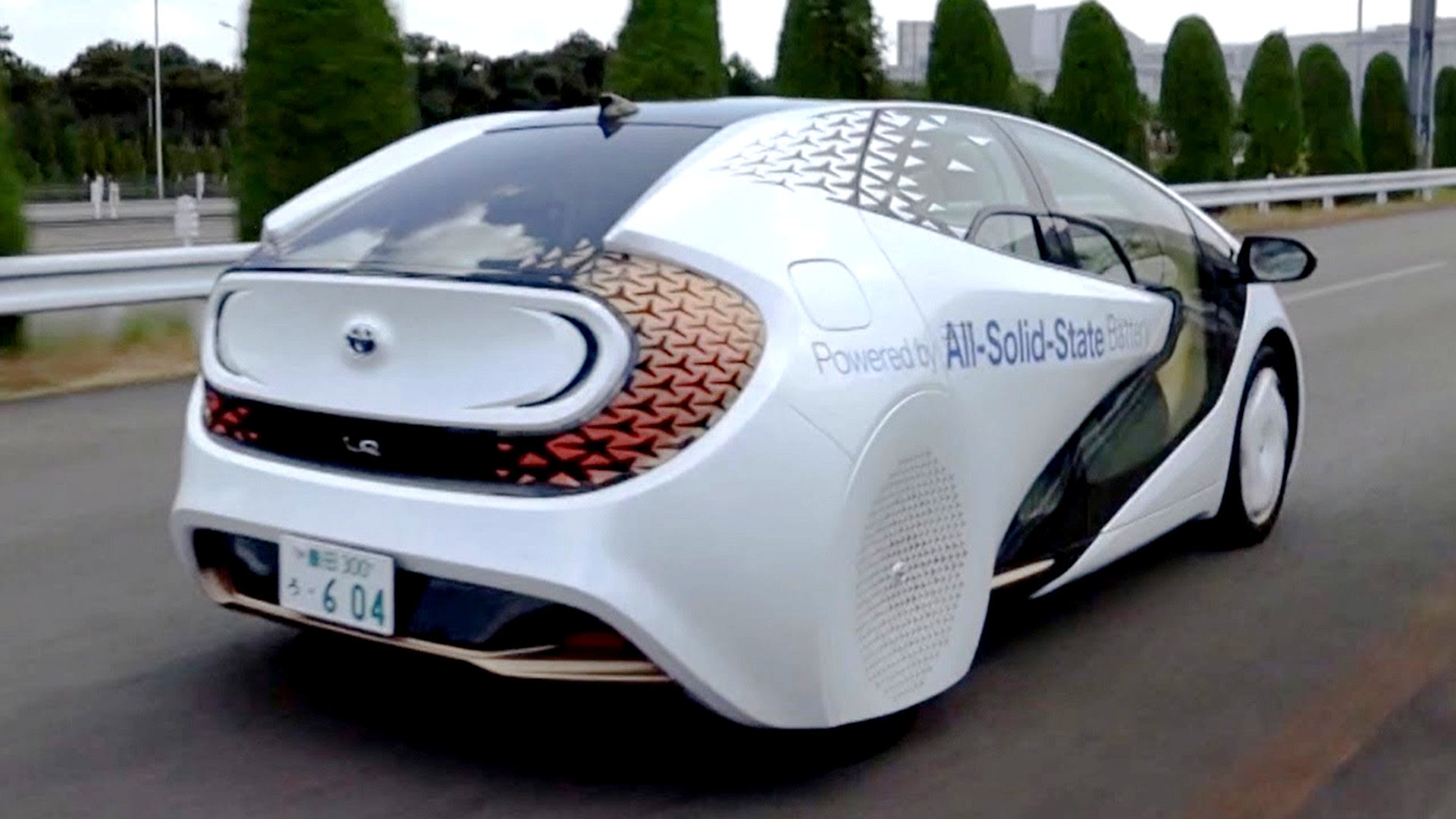
The role of batteries in the energy transition: A key to the future?
The energy transition is the central project of our time, and the debate on how we can achieve the transformation to a clean, safe and cost-efficient energy system is livelier than ever. In this context, batteries play a crucial role that is often underestimated. Batteries are far more than just a technical detail or a complementary technology – they could be the catalyst that accelerates the energy transition while reducing its costs.
The central challenge of the energy transition lies in the variability of renewable energies. Solar and wind energy are now the cheapest forms of electricity generation, not only in Germany but also internationally. However, solar and wind energy have a decisive disadvantage: they are dependent on the weather. Batteries offer a solution to this problem by storing surplus energy and making it available when the sun is not shining or the wind is not blowing. But that’s just the tip of the iceberg.
The energy supply of the future will not only be decarbonized, but also decentralized. In this decentralized structure, the energy flow will become more complex: consumers will simultaneously become producers („prosumers“) and local grids will be put under greater strain. Batteries play a dual role in this scenario: they not only enable the temporal shifting of energy, but also stabilize the grid. This reduces dependence on large central power plants, which were traditionally responsible for grid stability.























